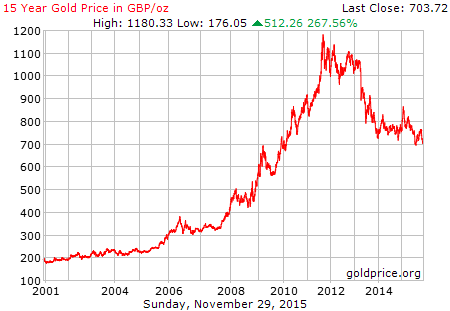Investors are dealing with “the most fluid global political outlook in decades” and “geopolitical risks are at a 25-year high”, according to a recent report by Citi Research. The report cites four factors in suggesting that we’re close to a “tipping point”. A tipping point to what? Hold that thought.
The four factors are the Russia/Ukraine conflict, the ISIS/Syria situation, escalating tensions in the South China Sea, and “weak and failing states”. The first three factors involved nation states, non-state actors, armed conflict, and a weak global political order to regulate/prevent these conflicts. In other words, the returns on violence (taking what you want) are getting better.
Let me suggest the weaker, less-cohesive global political order is a function of the worldwide depression brought upon us by central planning, more debt, and low interest rates. When mutually beneficial trade breaks down into currency wars, bickering, and chronic low economic growth, the economic becomes the political. It’s only a matter of time for the political to turn into armed conflict (or cyber conflict, as the Citi report points out). But check out the chart below.
Why is there no ‘fear premium’ in the gold price? If the world is so dangerous, why aren’t investors flocking to tangible assets and historic stores of value? Are we used to a permanent state of crisis? Have we grown accustomed to dire warnings? Does this make it more likely we’ll miss the next warning when it comes? When the wolf really is at the door?
The fourth factor Citi cited is the most likely to cause real trouble in markets. “Weak and failed” states are likely to cause further border and immigration crisis. But by “weak” I also mean fiscally weak. This is a point Tim Price made in when he was in last week for the Capital and Conflict podcast.
Global debt has actually grown by US$57trn since 2009, according to McKinsey and Company. Low interest rates are the cause. The effect? An entire global system more exposed to an interest rate shock. That shock could be in response to a war. But the trouble with a fragile and interconnected financial system based on debt is that it doesn’t really matter what the shock is. Anything will do. And then boom. The tipping point is the hissing sound a fuse makes.

Category: Geopolitics


